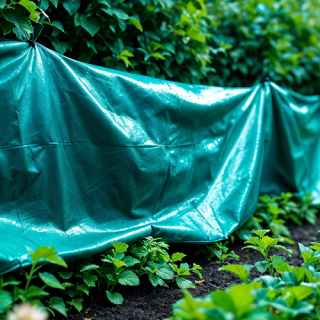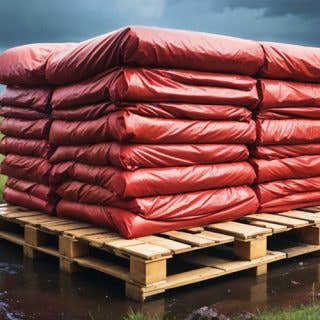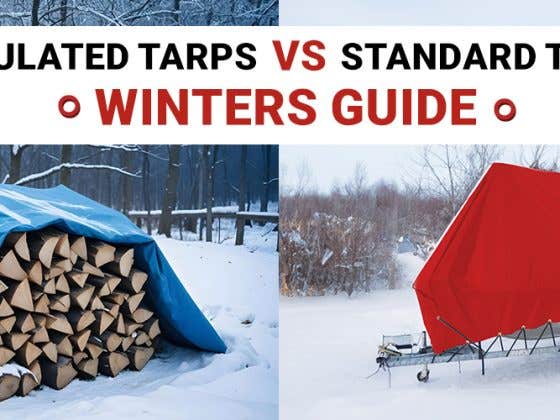Posts by month
October 2024
2 posts
Insulated Tarps vs. Standard Tarps: Winters Guide to Outdoor Protection
When winter hits hard, the need for protection from the elements becomes critical, especially for construction, outdoor storage, or agriculture. You are looking to keep your concrete from freezing, cover…
Share
8 Easy Steps to Build a Spooky Halloween Maze with Tarps
Ghosts, Goblins and Chills, Oh My! Halloween is a time to embrace the spooky, and what better way to do that than by turning your backyard into a thrilling haunted…
Share








Recent Comments